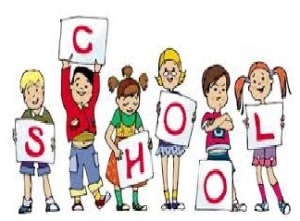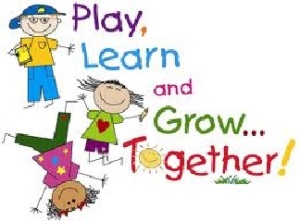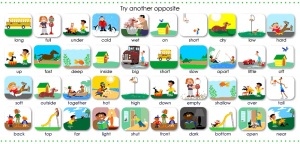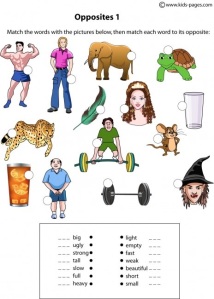Task – based language teaching is activity that deals with primarily meaning focused language use. Though learners should pay attention to meaning and form the aim of task – based class is using of the language in the real situation which can be unpredictable or unplanned. According to Ellis (2004), there are some criteria which can be identified as:
- A task is a work plan, which means, a task constitutes a plan for learner activity. This teaching plan can be from existing learning material.
- A task involves a primary focus on meaning; this task engages learners in using language pragmatically rather than displaying language. For example, initially information is presented with a lack of some details. Learners are supposed to fill that gap of information.
- A task involves real world processes of language use. The work plan may require learners to engage in a language activity such as that found in the real world, such as completing a form, dealing with misunderstandings.
- A task can involve any of the four language skills. The work plan may require learners to: listen to or read a text and display their understanding, produce oral or written text, or employ a combination of receptive and productive skills.
- A task engages cognitive processes. The work plan requires learners to employ cognitive process such as selecting, classifying, ordering, reasoning, and evaluating information in order to carry out the task.
- A task has a clearly defined communicative outcome. The work plan stipulates the non-linguistic outcome of the task, which serves as a goal of the activity for the learners.
As a conclusion, this teaching becomes gradually more and more popular. In secondary schools in Kosova, they are usually applying task – based language teaching. By teaching 8 to 10 years old learners, I am applying this teaching too, but only during practicing, and for the vocabulary of these learners is quite limited, the quality of conversation is not very high, but it is improving after each practicing.
REFERENCES:
Rod Ellis, (2004) “Task – based Language Learning and Teaching” retrieved on 30.11.2013 from http://books.google.com/books?hl=en&lr=&id=coO0bxnBeRgC&oi=fnd&pg=PR7&dq=task-based+language+teaching+in+foreign+language+contexts&ots=sUB531qxsV&sig=zqwcdeuYU-T4TJMXvrZ_Uqmg5Jg#v=onepage&q=task-based%20language%20teaching%20in%20foreign%20language%20contexts&f=false











